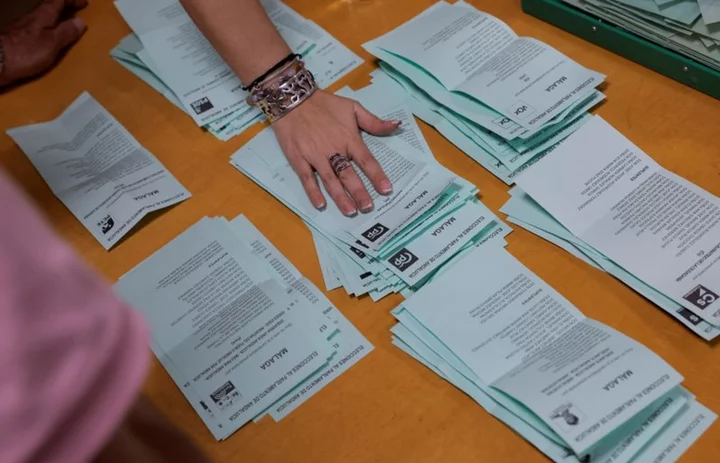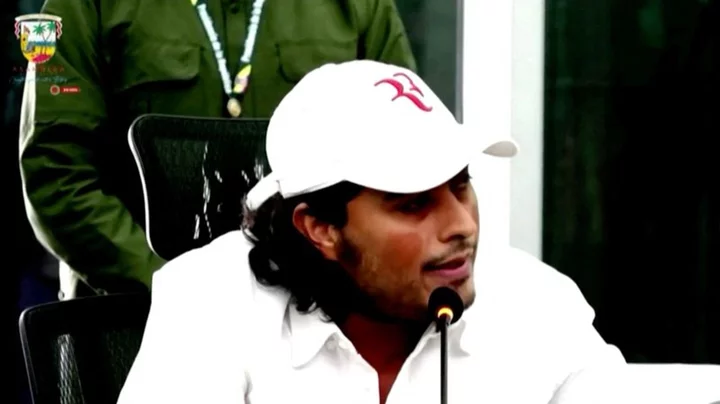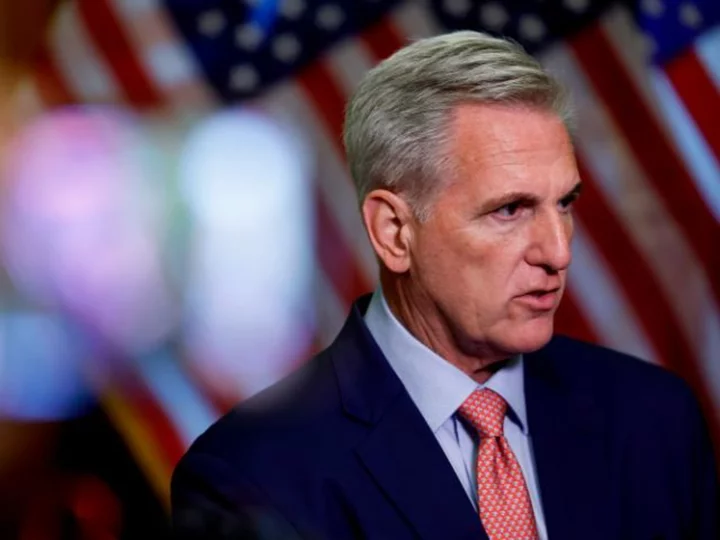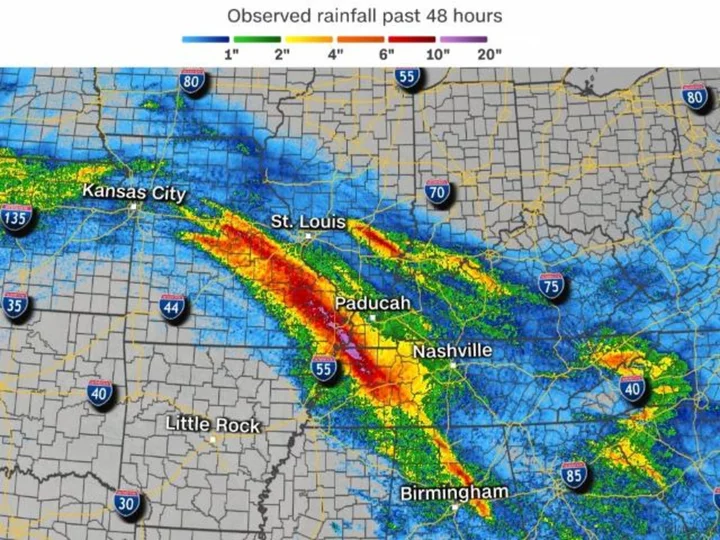By Belén Carreño
MADRID In speeches across the country ahead of regional elections on Sunday, Spanish Prime Minister Pedro Sanchez has promised two-euro cinema tickets for the elderly, affordable homes for the young and money to mitigate the effects of a long-term drought.
Sanchez's electoral pledges show how he is using Sunday's ballot to set the stage for a national vote due to take place at the end of the year that will decide whether his Socialist party remains in power, according to Lluis Orriols, professor of political science at Carlos III University.
More than 35 million Spaniards will vote in 12 regions and 8,000 towns and cities, most of them currently governed by the Socialists (PSOE). Polls are predicting gains for the conservative People's Party (PP), which if replicated later in the year could unseat the current left-wing coalition.
Some polls suggest a tight race for the Valencia region, which with almost 5 million residents would represent a major setback for the PSOE. Aragon and the Balearic Islands could also swing to the PP, according to polls.
"The reading that the political parties are making is that the battle in December will be defined by what happens now," Orriols said. "Losing these territories would be a change of cycle. That is why Sanchez is selling his initiatives now and not in the general elections."
The elections may also mark the beginning of a return toward a two-party system dominated by the PSOE and PP after a decade of atomisation which saw the emergence of smaller parties. The centrist Ciudadanos and the far left Podemos, the government's current junior partner, could struggle to reach the minimum 5% vote to qualify for representation in many regions.
Those parties emerged in the wake of the 2008-2013 financial crisis as people rejected austerity measures and a string of corruption scandals.
The more recent rise of the far-right Vox party was fuelled in part by the Catalonia independence movement. As that issue has receded, the party has shifted focus to immigration, abortion and transgender issues.
Without Podemos, the PSOE will find it difficult to retain power in key regions.
"In previous elections, there was a lot of mobilisation that favoured the PSOE. People were interested in politics and now this interest is less. That can affect the Socialist vote," said Silvia Claveria, editor of the political science blog, Politikon.
According to election polls and experts, there will be few clear majorities except in the region of Madrid, where Isabel Diaz Ayuso of the PP could win re-election with an absolute majority. In municipal elections, polls are predicting three-way ties in Madrid, Barcelona and Seville, making it difficult to form governments.
Elsewhere, the PP will have to rely on Vox to form governments in several regions in what could be a dress rehearsal for a right-wing coalition government after the national vote.
(Reporting by Belén Carreño; Writing by Charlie Devereux; Editing by Conor Humphries)









